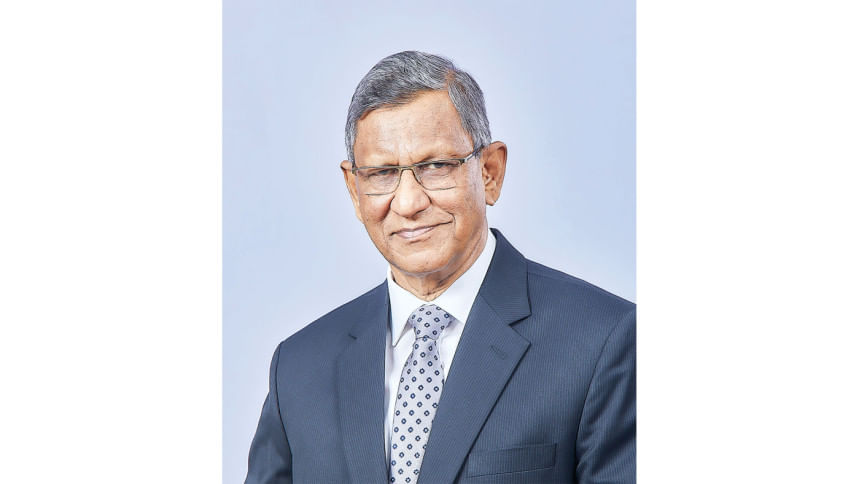Independence of BB: the next big economic reform

In a capitalist economy, an independent central bank isn't just something to argue for—it's essential for a country's growth and economic stability.The Daily Star recently ran a business story about the concept of making Bangladesh Bank independent. It reminded me of something I learned almost 50 years ago, and I thought it would be worth sharing that experience.I first came across the idea of central bank independence in 1976, during a small group session at the Deutsche Bundesbank in West Germ...
In a capitalist economy, an independent central bank isn't just something to argue for—it's essential for a country's growth and economic stability.
The Daily Star recently ran a business story about the concept of making Bangladesh Bank independent. It reminded me of something I learned almost 50 years ago, and I thought it would be worth sharing that experience.
I first came across the idea of central bank independence in 1976, during a small group session at the Deutsche Bundesbank in West Germany, the country's central bank. The key takeaway from that discussion was this: a central bank is not independent from the government, but independent within the government.
The idea of a central bank being "independent within the government" is like how engineers or doctors work. They make professional decisions independently, based on science and rules set by the government. Similarly, a central bank designs monetary policies using economic logic while following the country's overall financial goals. It works freely, but within set policies.
Nearly five decades ago, I learned that in West Germany, the Bundesbank and the Ministry of Finance had distinct roles—the central bank managed monetary policy, while the ministry handled fiscal policy. Both respected each other's mandates of independence while remaining institutionally accountable to the legislature. Despite being a war-torn nation divided by the Berlin Wall, West Germany's remarkable recovery—driven by an independent central bank—stood in sharp contrast to the stagnation of socialist East Germany. The lesson was clear: central bank independence is a necessity for stable and sustainable growth.
At a later date, during my years with an international bank in the City of London, I witnessed how closely the Bank of England, business houses, financial institutions, and the media interact to support one another to make the Bank of England's independence meaningful and sustainable.
"The City of London" does not refer to the entire capital city. It is a small, historic area of about one square mile in the eastern part of London—often called simply "The City." It stands as a symbol of Britain's financial strength, much like Wall Street in New York. Within this square mile sit the Bank of England, the London Stock Exchange, headquarters of major banks, insurance firms, investment companies, and The Financial Times.
In the United Kingdom, the rights and duties of citizens are guided by unwritten Common Law. Similarly, a set of unwritten practices binds the country's business community and media to act responsibly within the bounds of The City. Businesses regularly share genuine data on production, investment, and costs, helping the Bank of England assess real economic trends. This cooperation makes monetary policy more grounded and effective. The media, in turn, explains policy decisions clearly to the public, building trust in the Bank's independence and professionalism.
The Bank of England shows how a central bank can remain independent while being accountable to both Parliament and the public. Its core responsibilities are to maintain price stability and safeguard the financial system. By law, it has full authority over monetary policy, particularly in setting interest rates.
For Bangladesh Bank, the models of the Bundesbank and the Bank of England offer a vital lesson. Real independence cannot be achieved by law alone—it must develop from within the institution and be reinforced by the trust of businesses and the media. When business bodies act responsibly and the media covers monetary issues fairly, public trust in Bangladesh Bank will naturally grow.
The proposed legal reform of the Bangladesh Bank Act is a positive step. But an institution that has lacked autonomy for more than fifty years cannot transform overnight to match its global counterparts. True independence of Bangladesh Bank will come only when legal changes are supported by a new institutional mindset—when central bank officials can make professional decisions freely, much like engineers or doctors applying their expertise in their own fields.
The writer is a former banker